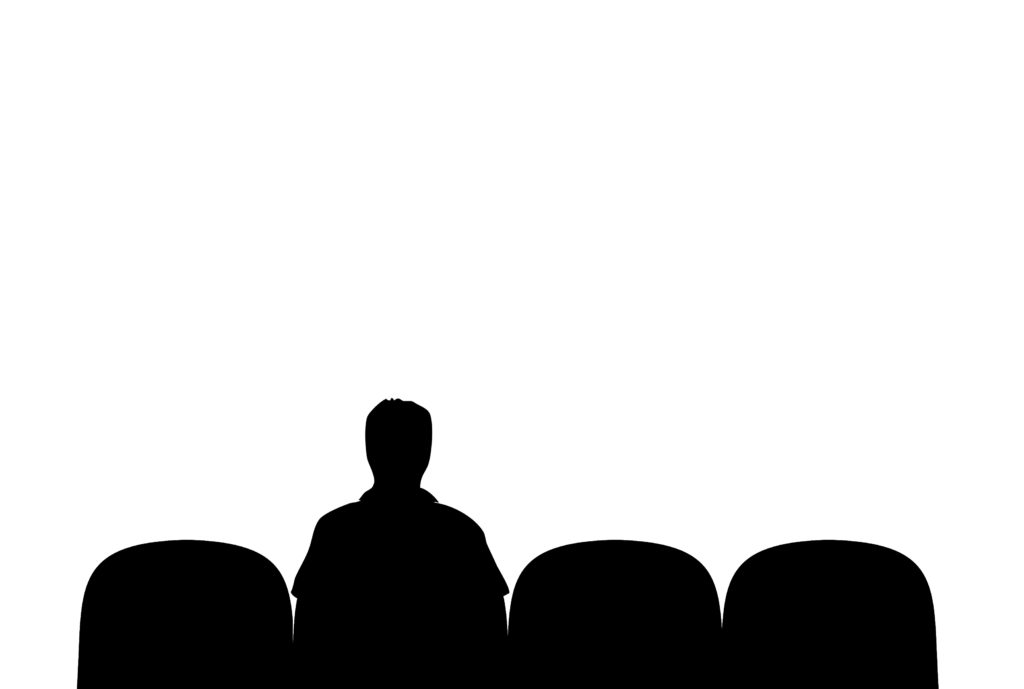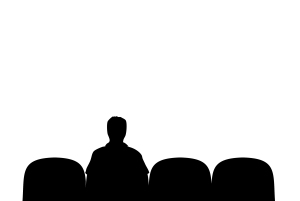
An Audience of One
 I have heard two competing pieces of advice about considering your audience when writing a novel.
I have heard two competing pieces of advice about considering your audience when writing a novel.
One: define your audience. Be specific. You have to know who you’re addressing in order to create a cohesive work.
Two: don’t worry about who you’re writing to. In fact, try to forget that you have any desire to publish the book and have it read by others. If you write primarily out of that desire to be published, you will compromise your creativity. Just write. Concentrate on writing one day at a time. Write something that you can feel good about. Your audience will appear if you’ve done your job well.
Maybe it’s just my peacemaker personality, but I happen to think there is a way to link these two apparently opposing prescriptions.
What if you define your readership and then you try to forget all about them and just write?
I know, that sounds impossible.
I do think it’s important to define who you are writing to. It’s one of the first tasks we undertake in Agile Writers. We have to decide what gender and age bracket we think our readers are in. For me, it turns out that I should have taken this a step further before beginning to write. I needed to define who my audience is in terms of what they know about the subject matter of my book.
I am writing in large part about a religious experience that is outside of the norm for most Americans. So, somewhere in the middle of my first draft I realized that I needed to make a choice about my audience. Was I writing to that small (but growing) population who has experienced many of the contexts my protagonist finds herself exploring? Or am I writing to a general audience who will quite possibly have no information about the subject other than what I tell them?
This matters. Not knowing the answer to this question has stopped me in my tracks at a few junctures in the writing process. I have asked myself the following maddening questions (and others!): Am I explaining too much or too little here? Do I need a glossary of terms? Should I just stick to the English translations of these terms? Is this of interest to my reader? Is it relevant? Am I accidentally writing a textbook within a novel?
Well, that depends—who am I talking to?
Trying to answer the question of “who am I talking to?” inevitably sends my mind down the track of wondering what the most marketable answer to that question might be. Do I embrace a very small niche market? Or do I aim for broader appeal?
What is important to me, though, is not that I am absolutely sure that I have chosen the right audience for my book. What is important to me is that I am able to write the book. And thinking too much about marketing seems premature when I don’t actually have a book to be marketed yet.
So I took a stab at identifying my audience and answering some of those haunting questions, if only so that the questioning voices would quiet down long enough for me to get back to the real work—writing a novel.
I cannot write for an eventual publisher, reader, agent, or anyone else. If I am going to write something authentic, then my audience is one—me. I have to write to satisfy myself. Then I have to let others be the ones to tell me if my book is relatable or too obscure. I can make guesses, but I will never truly inhabit another’s context and so I don’t know exactly what my audience wants.
I only know what I want.
And I want to keep writing.